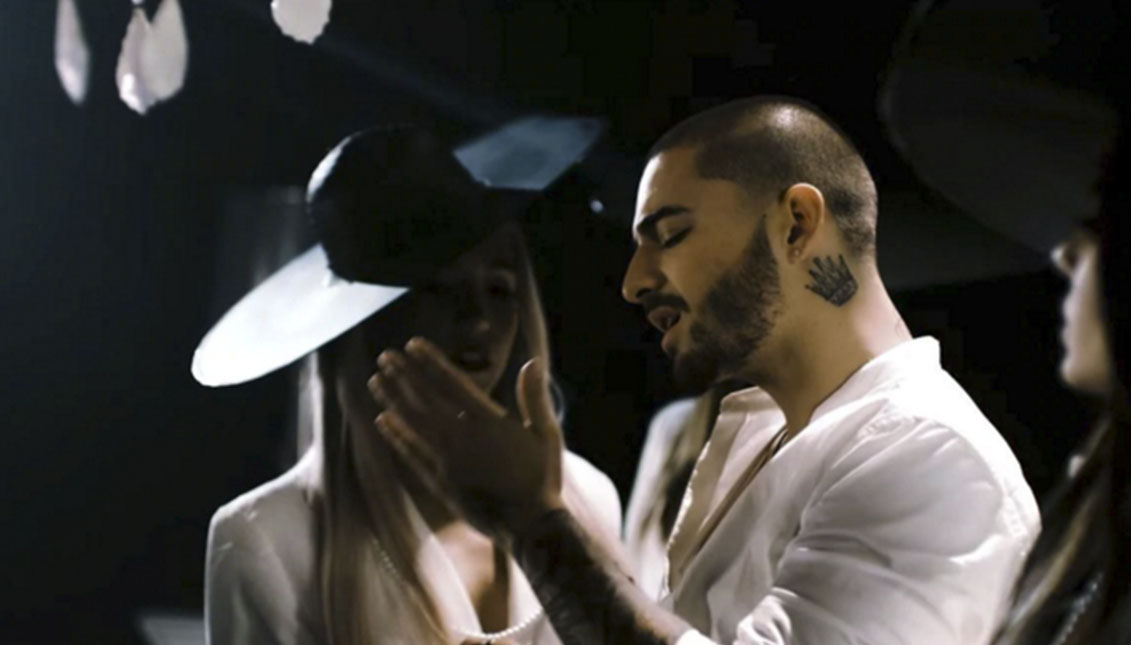
Mexico vs. Maluma: Does Reggaeton Promote Femicide?
According to a study by the University of Chile, more than 80% of the songs in reggaeton explicitly incite gender-based violence.
Extreme situations require extreme measures, said the Vice President of the Mexican Senate, Salomón Jara, who yesterday presented a proposal to reform the Federal Law on Radio and Television to prohibit the broadcast of programs and series that encourage gender stereotypes and use sexist language.
This includes the musical genre of reggaeton, which according to a study conducted by the University of Chile, transmits a message of gender violence in 80% of its songs.
"It is not a question of censorship," said the senator, "but of authority applying the law: guaranteeing women a life free of all types of violence."
Jara pointed out that while some propose an "inefficient criminal populism", the way out of the crisis of violence must be another route:
"We propose a break and a change of paradigm that redefines the standardized patriarchal structures and forces the state to assume the responsibilities that previous regimes renounced," he said.
The measure would go even further, imposing fines on programmers equivalent to 2.51% and up to to 5% of income if they persist in giving free reign to messages, expressions or content that promote male violence.
During the announcement of the proposal, Salomón Jara cited the study Gender violence in reggaeton, carried out by the University of Chile, which found in 59 of 70 songs surveyed, there were more than 568 violent and hateful references to women, whether physical, psychological or symbolic.
RELATED CONTENT
"Among the representatives of the genre, the most violent was Maluma with his song "Cuatro Babys", in which 44 mentions of violence were recorded," said the Mexican senator. "The disturbing thing about these messages is that they are not transmitted at 2 a.m. through restricted media, but rather we hear them on the radio and on television during triple-A hours (for all publics)."
"This is what your sons and daughters, my daughters and granddaughters, the children of all Mexico are exposed to," he concluded.
Although the race to end gender violence is wreaking havoc in Mexico - last year alone there were 976 femicides in the country - according to the Mexico City Human Rights Commission, the causes are multiple and are due to a cultural context of misogyny and machismo that is deeply rooted, but also to social, economic and political problems such as criminal impunity and poverty.
This leads us to reflect on whether these prohibitive measures are not a path to greater evil and whether they should be accompanied by greater efforts to educate citizens about equality. Besides, excessive protectionism could lead to the infantilization of adults and yes, to the repression of an artistic manifestation as happens with narcocorrido, which Jara has not mentioned.
Likewise, there are great reggaeton artists who have made feminism and inclusive messages one of their best assets, such as the Puerto Rican Bad Bunny who, after being accused of the opposite, threw himself into using the powerful reggaeton sounds to the contrary.
"We don't want one more death. Less violence and more perreo," the artist wrote on his Instagram account.
Maybe it's about making visible those in the mainstream that send a message of social consciousness instead of gagging those who set the wrong example.











LEAVE A COMMENT: